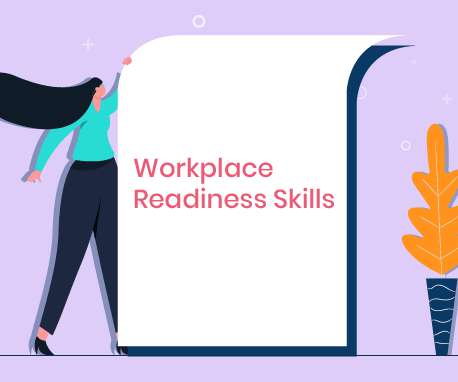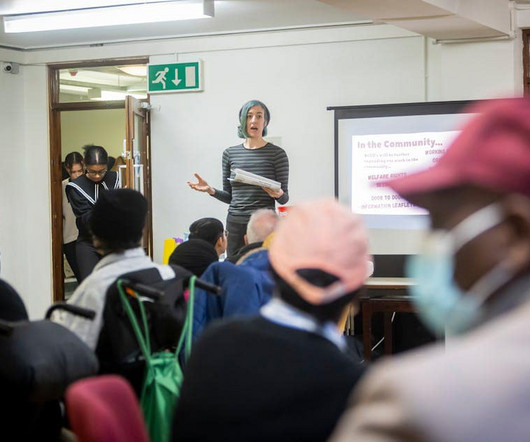6 top tips for preventing ageism in the workplace
Insperity
NOVEMBER 30, 2017
Instead, consider using words like “motivated,” “driven” or “dedicated” that convey a candidate’s passion and work ethic without the connotation that they must be young to successfully perform required duties. or “Can you use this software program?”. For example, “Do you have 10 years of experience in this field?”





















Let's personalize your content